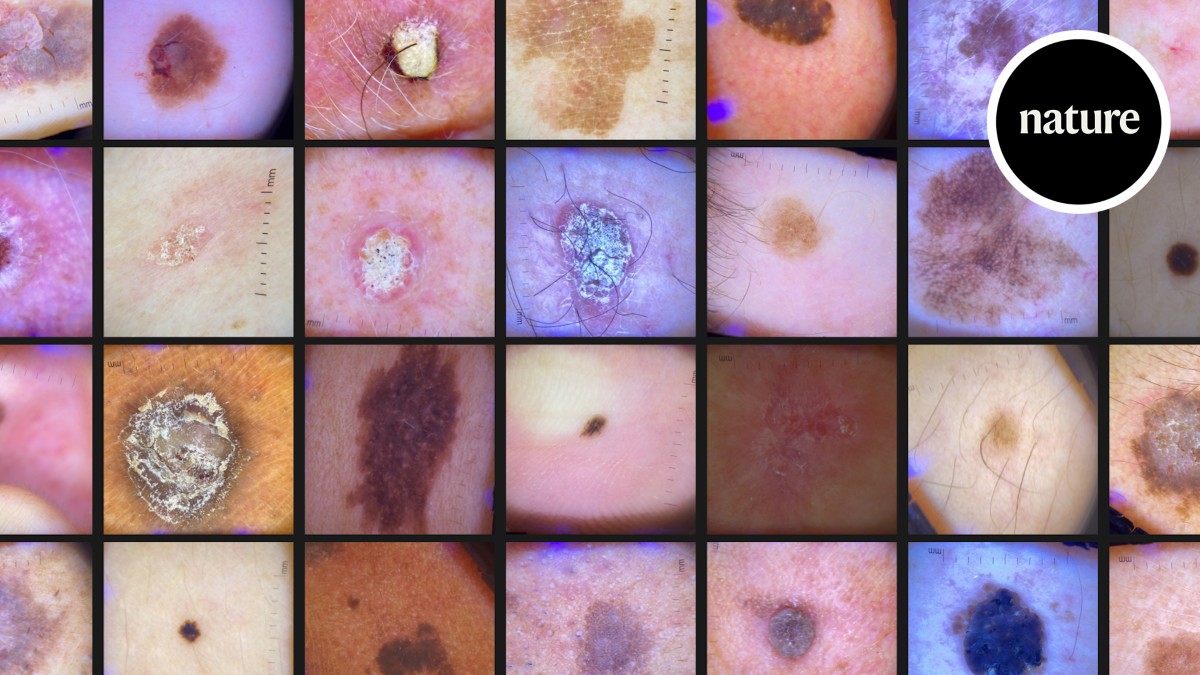
"Deep ensemble for recognition of malignancy (DERM), a skin-lesion analysis technology, is being used across a number of National Health Service (NHS) England trusts as part of a three-year evidence generation period. The trial hopes to show that the artificial intelligence (AI) tool can triage skin lesions as accurately as a physician can. The technology also aims to free up time and money in the NHS."
"A smartphone is used to photograph skin lesions using a dermoscopic lens attachment, the images are then uploaded to DERM's online platform. Developed by Skin Analytics, a software company in London, the DERM platform processes the images using an AI algorithm, which can flag lesions that need to be seen to urgently. However, there are few data on the effectiveness of the technology when used on people with dark skin tones and some dermatologists are concerned about the lack of a trained medical professional in triage."
DERM (Deep ensemble for recognition of malignancy) is a skin-lesion analysis technology undergoing a three-year trial across multiple NHS England trusts to assess triage accuracy. Images of lesions are captured with a smartphone and a dermoscopic lens attachment, then uploaded to DERM's online platform. Skin Analytics of London developed the platform, which uses an AI algorithm to process images and flag lesions needing urgent attention. The trial aims to match physician triage performance and to free clinician time and reduce NHS costs. Limited data exist on performance for darker skin tones, and some dermatologists express concern about triage without a trained medical professional.
Read at Nature
Unable to calculate read time
Collection
[
|
...
]